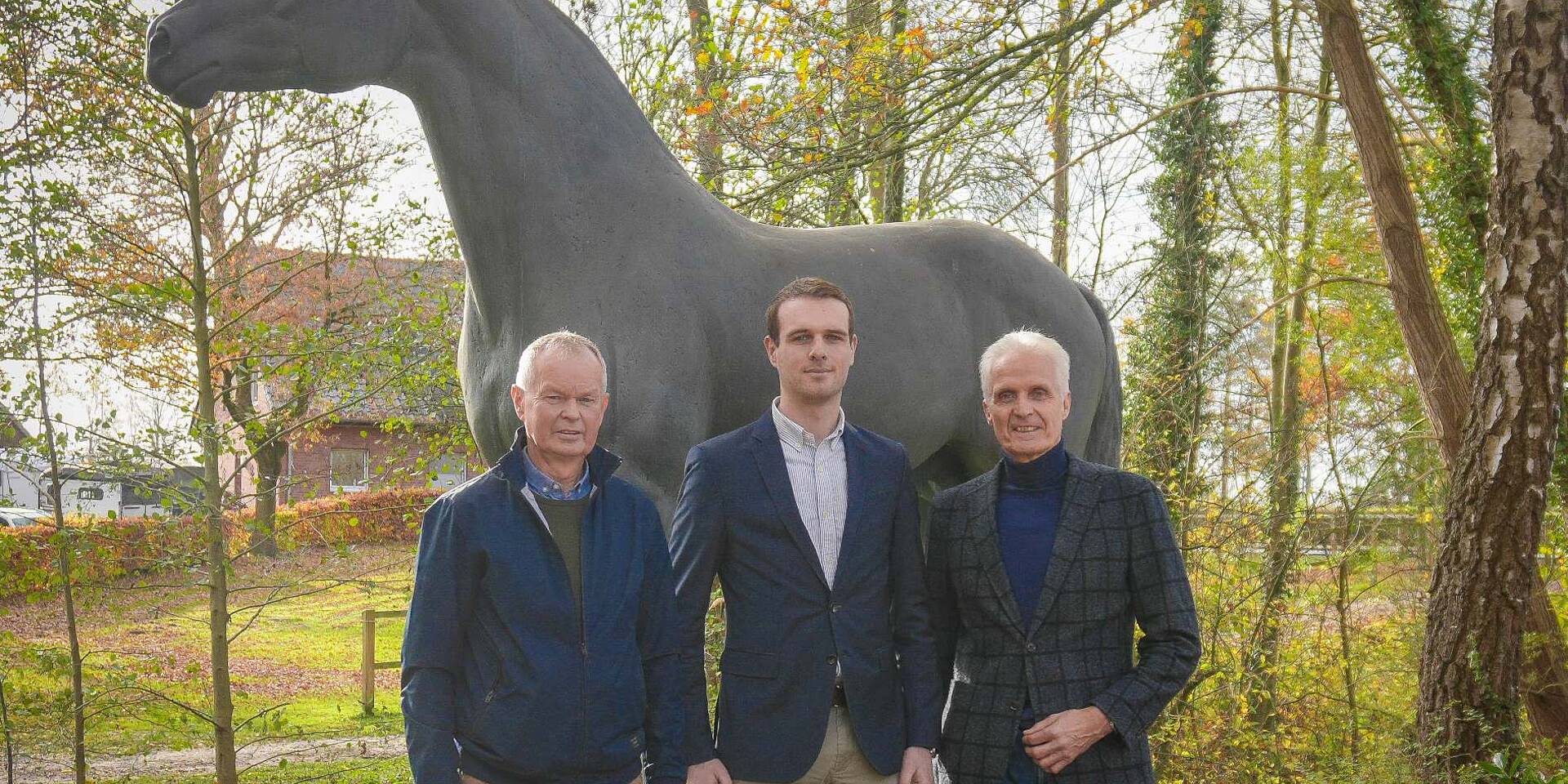Simon Stork will join the management of the Westphalian Stud Book on 1 March 2026, initially taking over the areas of human resources and finance and, in the future, the position of managing director. Chairman Ralf Johanshon informed the employees of the Stud Book of this at a staff meeting on Thursday (13 November). The board also closely involved breeding and marketing manager Thomas Münch and breeding manager Katrin Tosberg, who have been acting as interim managers since September, in the selection process.
When Johanshon and the board reviewed the application documents and conducted interviews, they quickly realised that candidate Simon Stork was a good fit. The 29-year-old from Möhnesee has been breathing country air on his grandparents' farm with arable farming and horses since childhood. After graduating from Conrad-von-Soest-Gymnasium, he completed his studies with a master's degree in agricultural economics at the South Westphalia University of Applied Sciences. He currently works at a tax office in Soest that specialises in agriculture, where he has taken on his first personnel and management responsibilities. He breeds show jumping and dressage horses, has achieved placements up to class S** as a show jumper and has successfully brought several young show jumpers up to class S in the sport.
When Simon Stork takes up his post on 1 March, he is also likely to be a ‘Dr. sc. agr.’. He successfully passed his final examination on 17 October during his doctoral studies at the University of Göttingen. The title of his dissertation is ‘New entrants and holistic business models in agriculture’. Stork gained association experience at the German Farmers' Association in Berlin. Since his internship there, he has been involved as co-author of the German Farmers' Association's annual situation report. Simon Stork: ‘I am convinced that my previous experience in agricultural economics, tax accounting, associations and the equine sector is very compatible with my future role at the stud book.’
Stork has not only been following the Westphalian Stud Book for some time as a member. He has always followed breeding events with great interest and has also been actively involved in presenting horses. ‘The close link between breeding, training, sport and marketing of horses with the core of my future responsibility for personnel and finance is a strong motivation for me.’ He is particularly interested in dealing with people – especially ‘employees, breeders, exhibitors, customers and sponsors’. Stork has not failed to notice the strong positioning and strategic development of the association, whose management team he will soon be joining. His tasks will primarily include continuing and intensifying the digitalisation of business processes at the stud book and further projects relating to the infrastructure at the Westphalian Horse Centre with additional sporting events. Stork also mentions another core area of his future work that is likely to be particularly welcome news for the more than 8,000 members of the Westphalian Stud Book: ‘The further development of the range of services offered to breeders.’


